Photo credits: The Boston Post
In the early morning of February 22, 1898, an angry white mob descended on the home of Frazier and Lavinia Baker in Lake City, South Carolina.
After the mob set the home — which was also the town post office — on fire and waking the family, it began to shoot at the Bakers and their six young children who were attempting to flee. Bullets hit Frazier, Lavinia, and four of their children. Frazier and his baby daughter, Julia, died. Lavinia and her five surviving children escaped the murderous mob.
The lynching of Postmaster Frazier Baker was preceded by racist rumors, accusations, and less-organized violent attacks by the angry white mobs of Lake City. The harassment began after Baker was appointed by President William McKinley to serve as the city’s first Black postmaster in 1897. Bigoted Lake City citizens resented the appointment from Washington, D.C. An article at BlackPast.org describes the lead-up to the night of terror:
“From the outset, Baker faced bitter opposition from Lake City whites. Residents filed several grievances against Baker, sharply criticizing his administrative abilities and accusing him of being incompetent, ill-mannered, and lazy. Among their complaints was that Baker had reduced mail deliveries from three times to once a day. Baker however had curtailed deliveries to daily drops due to repeated threats on his life. Federal postal inspectors investigated the claims and determined that the accusations against Baker were unsubstantiated.”
What happened in Lake City was one incident in a wave of violent attacks on Black citizens by white men and women who were incensed by President McKinley’s pro-Black actions in southern states. Candidate McKinley had spoken out against lynching to garner Black support while running for president. After his inauguration in early 1897, he set about appointing local Black Republicans to federal positions, like postmaster.
In the aftermath of the lynching, the Black communities of South Carolina were outraged and took action through mass meetings. They petitioned the Federal Government to take action and bring charges against suspected killers (see: “Resolutions of Button Hill, South Carolina concerning lynching of Frazier Baker.”)
The state did not press charges. However, in April 1899, federal prosecutors charged 13 men with 24 criminal counts including the murder of Frazier and Julia Baker. A judge, in the case, declared a mistrial. Federal prosecutors did not move forward with the case and no one was ever convicted of the crime. Lavinia and the five young Bakers left South Carolina for Boston that year.
In early 2019, the Lake City post office was renamed to honor Frazier Baker, thanks to Congressional legislation first put forward by U.S. Rep. James Clyburn. At the time of the announcement, the Charleston Post and Courier reported remarks by Frazier’s great-niece, Dr. Fostenia Baker:
“We would be remiss if we didn’t recognize that we are coming close to 121 years since the painful event against Frazier and the other members of the family. We, as a family, are glad that the recognition of this painful event finally happened. It’s long overdue.”
References: Benedicto, E. (2018, November 02) Lynching of Julia and Frazier Baker (1898). Retrieved from https://www.blackpast.org/african-american-history/lynching-julia-and-frazier-baker-1898/
Editors, Zinn Education Project. (n/d) Feb. 22, 1898: White Mob Lynches Frazier Baker and Daughter Julia. Retrieved from https://www.zinnedproject.org/news/tdih/white-mob-lynches-postmaster
*BlackThen.com writer/historian Victor Trammell edited and contributed to this report.

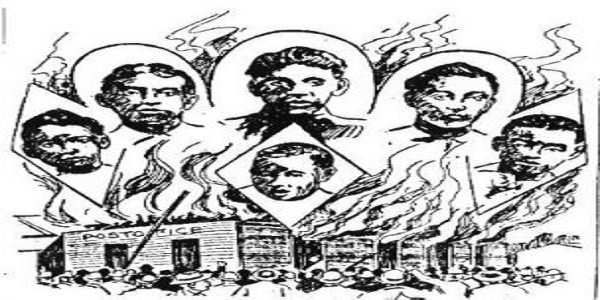




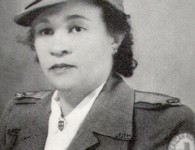
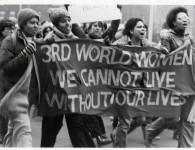
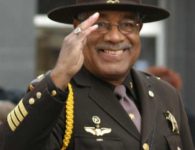
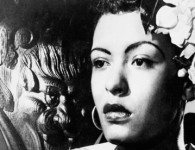
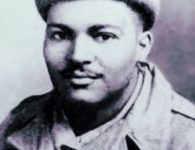

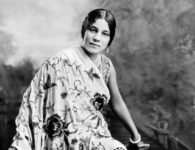

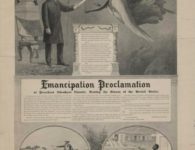
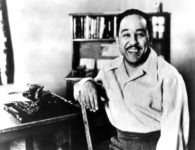

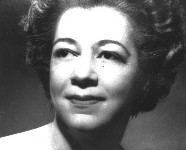
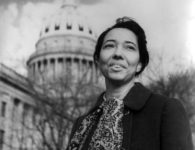

1 Comment
So important to remember everything this nation has been through